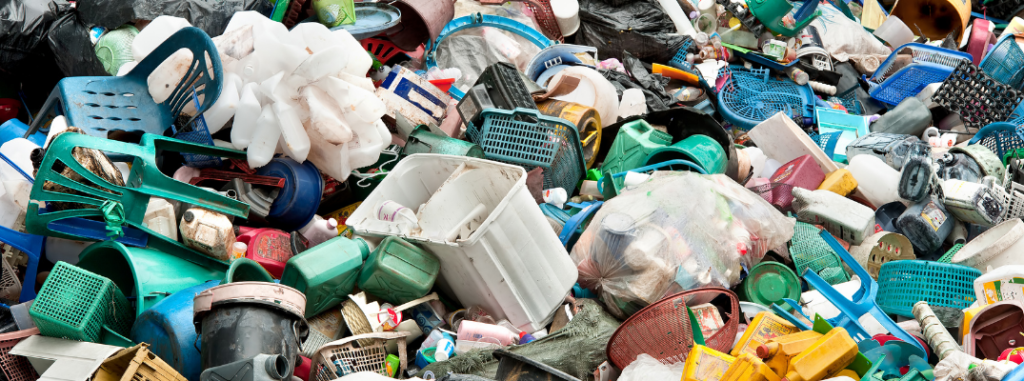Everyday, human action and inaction make earth become plastic – artificial. The constant need for greed coated as innovation for mankind put so much pressure on the planet and the irony of it all is that man is ever at the suffering end of his actions. Pollution is such an enormous challenge in this generation. Years upon years of neglect have led us where we are today. Every form of pollution has such devastating effects on mankind, such as Loss of lives and property, Terminal Illnesses, Extinction of animal species and so on – and one of such dire pollution’ is Plastic Pollution.
According to Wikipedia, plastic pollution is the accumulation of plastic objects (e.g.: plastic bottles, bags and much more) in the Earth’s environment that adversely affects wildlife, wildlife habitat and humans. Plastics that act as pollutants are categorized into micro-, meso-, or macro debris, based on size. Plastics are inexpensive and durable, and as a result levels of plastic production by humans are high. Moreover, the chemical structure of most plastics renders them resistant to many natural processes of degradation and as a result they are slow to degrade. Together, these two factors have led to a high prominence of plastic pollution in the environment.

Plastic pollution can afflict land, waterways and oceans. Living organisms, particularly marine animals, can be harmed either by mechanical effects, such as entanglement in plastic objects or problems related to ingestion of plastic waste, or through exposure to chemicals within plastics that interfere with their physiology. Humans are also affected by plastic pollution, such as through disruption of various hormonal mechanisms. As of 2018, about 380 million tonnes of plastic is produced worldwide each year. From the 1950s up to 2018, an estimated 6.3 billion tonnes of plastic has been produced worldwide, of which an estimated 9% has been recycled and another 12% has been incinerated. In the UK alone, more than 5 million tonnes of plastic are consumed each year, of which only an estimated one-quarter is recycled, with the remainder going to landfills. This large amount of plastic waste inevitably enters the environment with studies suggesting that the bodies of 90% of seabeds contain plastic debris.

A research suggests that by 2050 there could be more plastic than fish in the oceans by weight. What this would mean is that more than half of the fish species would be extinct and humans would be consuming plastics in huge proportion eating fish. Death of fish species would increase the massive imbalance in the Marine ecosystem, also fishermen would catch more plastics than fish. Economically as well, the pollution found in shorelines and oceans of island destinations around the world dissuades tourists from visiting such places causing the tourism industry in these place to continue on a decline leading to massive economical blow.
More recently, in some areas there have been significant efforts to reduce the prominence of plastic pollution, through reducing plastic consumption and promoting plastic recycling; but more work has to be done – in awareness and actions from the big players in the plastic industry like soda/fast food manufacturers to begin looking at more sustainable packaging alternatives. The best move would be totally avoiding single use plastics – and opting to use more sustainable alternatives. The second best would be disposing and managing our wastes properly. NO to littering the streets, gutters, canals, oceans and YES to recyling and the really BIG YES to avoiding single use plastics!

Original Post: Bernard Kalu

